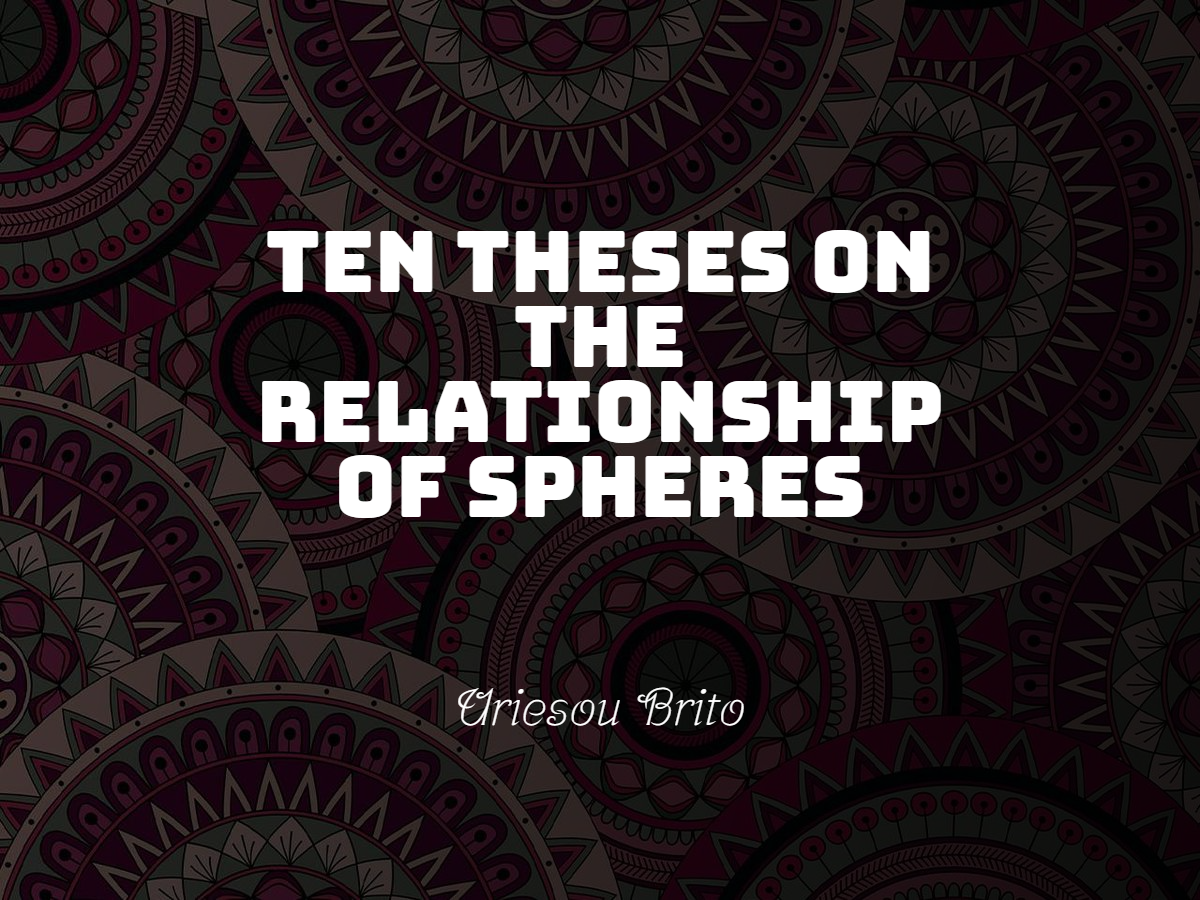Many sounds are coming from the social ecosystem concerning the role of the Church, State, and Family. This won’t satisfy the high demands of a thorough spherical theology, but I think it may provide my fundamental presuppositions on the relationship of these spheres.
Ten Theses on the relationship of spheres:
a) I affirm with Abraham Kuyper that there are three legitimate spheres (Church, Family, and State). Each sphere possesses distinct responsibilities and hierarchies. Self-government may function as a fourth sphere, but for our purposes, it should be subsumed under all three primary headings.
b) The Church is the headquarters since it is fundamentally Edenic in symbols and types. She orients her existence around the throne room of heaven. The land is the family, the place of work and rest. The world is the civil sphere, the place of structure and judgment.
c) While these spheres overlap in many places and circumstances, the pastor is not the father, the father is not the pastor, and the pastor is not the politician. Roles may overlap, but they should be fundamentally distinct.
d) The Church should speak into the civil sphere because she is the mouthpiece of the kingdom. But she communicates fundamentally through psalms, sermons, and sacraments. She is not a headquarters for political rallies but the true politics of the city speaking from heavenly authority granted and established by the work of Christ. She does not speak from a central space, but her voice is spread into many localized spaces.
e) The Church cannot impose ordinary habits and rituals upon families outside her formal gathering. She can offer wisdom and insight, but the father is free to lead his family as he pleases under the ordinary gifts of grace and the rule of God.
f) The state promotes the good and establishes order so that the Church and family may succeed in every way. She cannot usurp authority over either institution, and she cannot assume the role of priesthood or patriarch.
g) When the state violates the freedom of the Church and family, she is to be rebuked and exhorted to return to her spherical role given by God. The same application is to be made to Church and family, but the demands are more significant to the one who holds the sword.
h) All spheres submit to a higher authority. No sphere is self-sufficient, and no sphere can function properly on its own. But family and state must look to the new polis from where comes the wisdom of God (Eph. 3). All spheres must lead to Zion, City of our God.
i) State and family must order their lives to the culmination of life, which is the worship of the Father, Son, and Spirit on the first day of the week.













